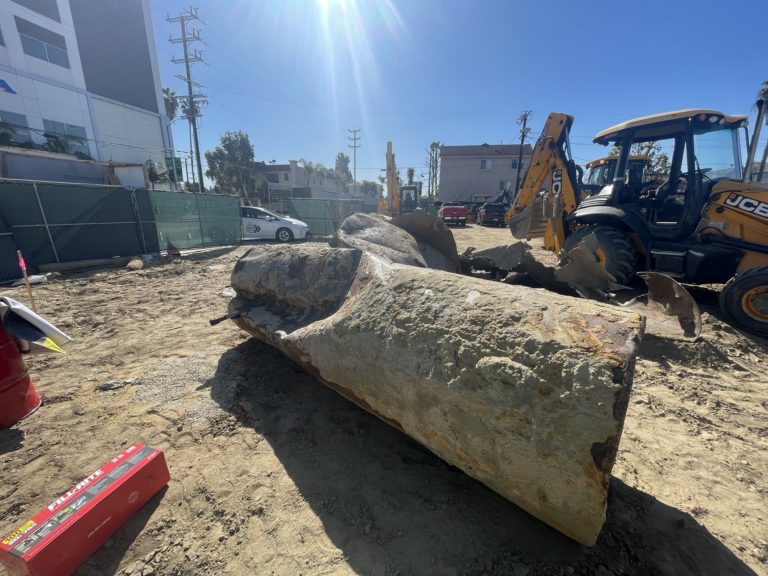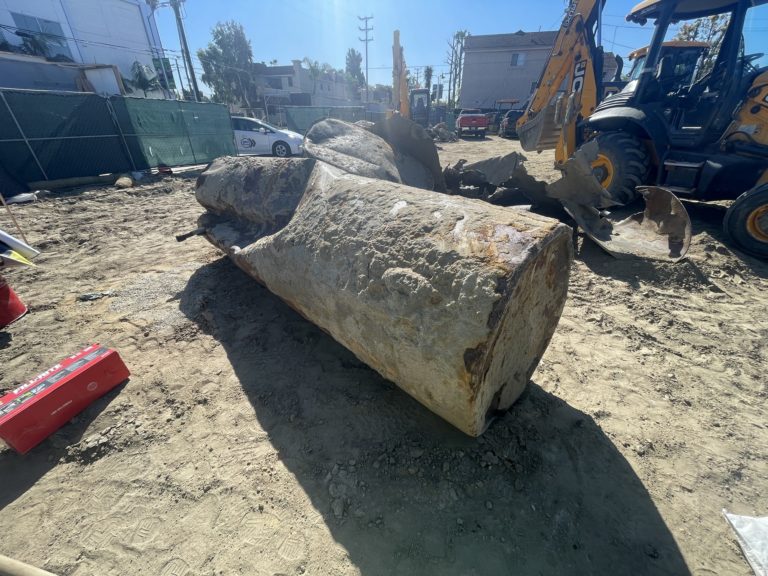Recurrence Interval Meaning
In the field of geology, the term “Recurrence Interval” refers to the average time interval that occurs between two recorded events of seismic activity, of equal magnitude, along the same fault.
In the field of geology, the term “Recurrence Interval” refers to the average time interval that occurs between two recorded events of seismic activity, of equal magnitude, along the same fault.

Seiche Definition The term “Seiche” in geology refers to a wave-oscillation, that comes from any surface body of water, that is initiated by an earthquake or changes in atmospheric pressure. For instance, the rippling waters of a lake or at the bay of an ocean.

Consolidation “Consolidation” in geology refers to the gradual or slow reduction in the volume of a soil sample (representing a larger soil mass), and the increase in density in response to an applied increasing load, or compressive stress.

Confined Aquifer Confined Aquifer: In the hydrogeology branch of geology, a confined aquifer is an aquifer that is overlain (and underlain) by a layer of low permeability, such as clay, shale, or silty clay. In fact, the two confining layers contain the storage and flow of groundwater, such that the aquifer maintains hydraulic pressure (or…

Sedimentary Rock Definition In geology, the term “Sedimentary Rock” refers to the classification of rock that is the result of the gradual consolidation and deposition of loose particles of other rock classifications (igneous or metamorphic). Alternatively, sedimentary rocks can also form by the accumulation and precipitation of other natural chemical solutions in a depositional environment….

Underground Storage Tank (UST) Underground Storage Tank (UST): An underground storage tank (UST) is a confined container occupying any volume of space within the subsurface, for the purposes of storing liquid. Underground tanks typically support commercial and residential services and have filling ports, ventilation pipes, and connecting product pipelines. Underground storage tanks (USTs) come in different…

Leaking Underground Storage Tank (UST) Leaking Underground Storage Tank (LUST): A leaking underground storage tank (LUST) is a known case of hazardous liquid materials released into the environment, from within an underground storage tank (UST) source. The term “LUST” commonly applies to gasoline station soil contamination cases overseen by environmental regulatory agencies. Also See: Underground…